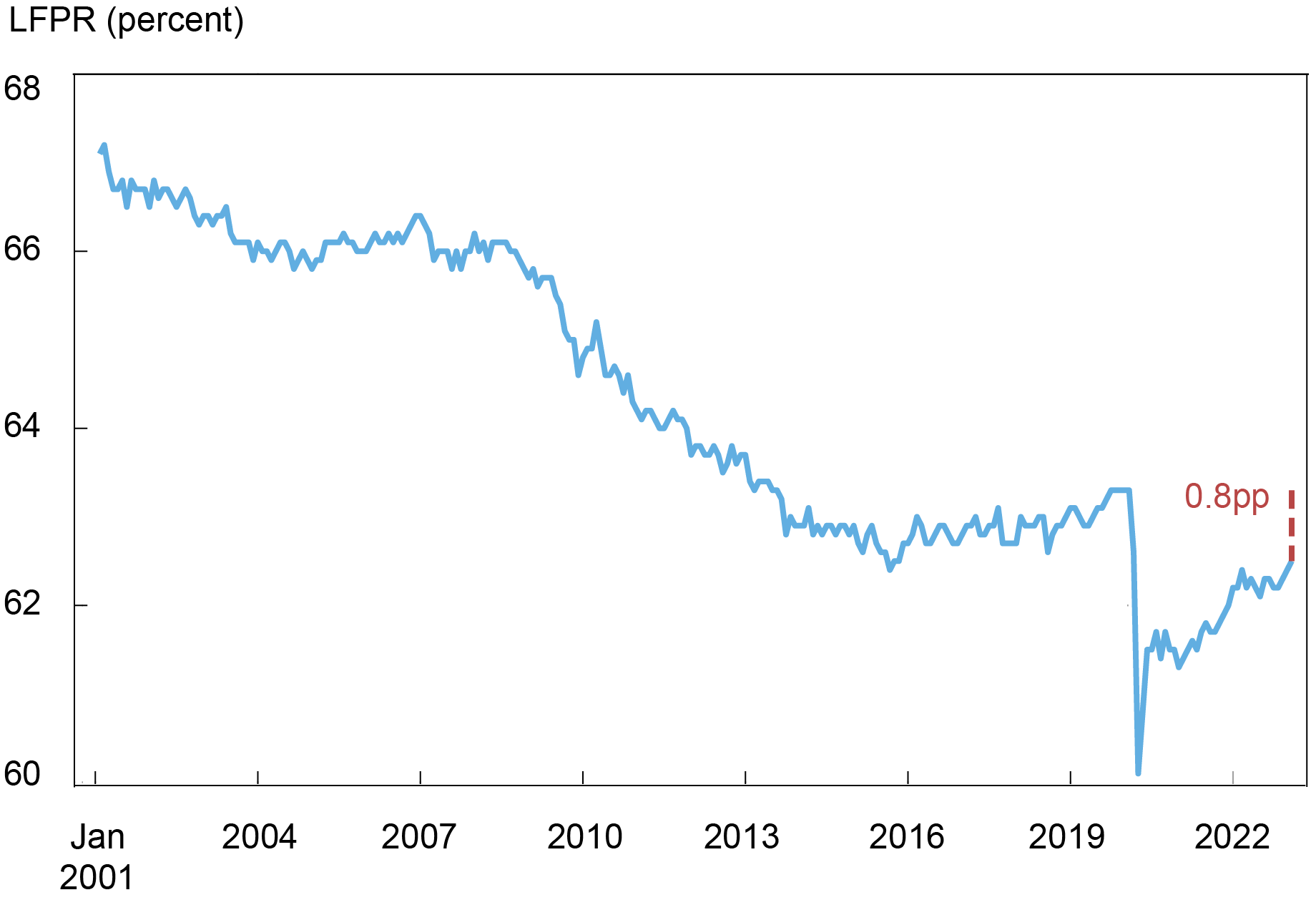I see this argument from people who want to justify and somehow try to portray population decline as some kind of a good thing. Inability to solve a problem does not mean you will find excuses to justify why that problem is a good thing.
Just cause AI and automation will take away some jobs does not mean new jobs will not appear to take its place. People also said the same thing when computerization was starting up, that computers will make people jobless. But guess what, new jobs and new roles came that enhanced people's livelihood that used computers.
Economic development, technological progress is about giving people comfort and easier and more enriching lives. There is no end point to this. So, there will always be roles for people to do that can enhance production or provide services to people. So, there is no specific point in technological progress when there will not be jobs for people to do and AI can do it all. The more economy develps, the more jobs there will be for people to do.
Moreover, you are totally missing the point of why you have an economy and society at all. It is to serve people, to enhance the life of people. So, people are the consumers. Not AI.
So, if there is no population to be the consumer to all this, then what is the point at all? If China keeps losing population on and on, will there be a point when there is no people to consume all the wealth and only AI and Robots will remain?
Solving the population decline will become the absolute necessary problem that will trump all others in the future. It will be more important than even the military. So, sooner or later China will have to raise Birth Rate. Its just a matter of time.
It's not that the declining birth rates are not a problem, it's just that they are 100 times less of a problem for China than stupid Western MSM and "experts" and youtubers present to their brain-dead sheep populations. Using my previous analogy, let's say China had 30% less population in 30 years than now, but if they had 300% higher productivity of average citizens at that time (due to higher urbanization rate, better and higher education for average citizens, better science, technology, results, climbing industrial value chains, etc, everything that data is showing us that is currently happening), they would still on a huge economic surplus.
That's literally what Japan did, it started stagnating in population size, but then still doubled its GDP due to higher quality workforce improvements and automatization, and then stopped. And I think China can even increase average productivity 3-4 times at this time in 20-30 years before stagnating like Japan. Because they have nearly identical cultures and genetic similarities, average Chinese can also reach the level of productivity of average Japanese today in the future, that's at least 3 times more, plus I think even more due to a better-governing system.
Where are consumers? Well, if someone is 3 times more productive (meaning he earns 3 times more money on average than now), at that time, than he is today, then, of course, that average citizen will also become a bigger consumer individually and consumption would rise overall too, simply he would spend more money. Not to mention that China is not a Mickey Mouse economy like the West where 80% of GDP is domestic consumption in the first place.
Regarding AI, China will benefit the most from AI because of its socialistic and Leninist society (easier control of population and corporations needed for it to work perfectly) when the UBI will have to be rolled over due to the loss of lower-paying jobs (those industries will probably still be in part kept in China and government/machine run due to national security reasons, especially in manufacturing, they are not stupid like the US to destroy any of its manufacturing). AI will also first remove the lower-paying jobs, and as the Chinese have one of the highest intelligence in the world, it won't be disturbed as much, because they could then work on higher-paying jobs including AI-related jobs that would be made.
And I saw that you often compare AI to previous technologies, well you can't do that, because AI is not just another innovation, AI is a new human-like intelligence created, meaning nearly all new jobs it creates, it could do on its own as well (unlike for example what happened in industrial revolutions), except for AI development (science and engineering needed for it) and maintenance and alignment itself. Of course, this depends on the time scale, and AI-development-type jobs will also be easier for them to do due to their intelligence/talent in natural sciences, the highest number of STEM graduates, and the potential for more. From this trajectory, China will become the biggest winner of AI due to having a 10 times Japan-like productive quality population, perfect for the new world, that's all that matters. China is the most fit for a post-AI economy.

